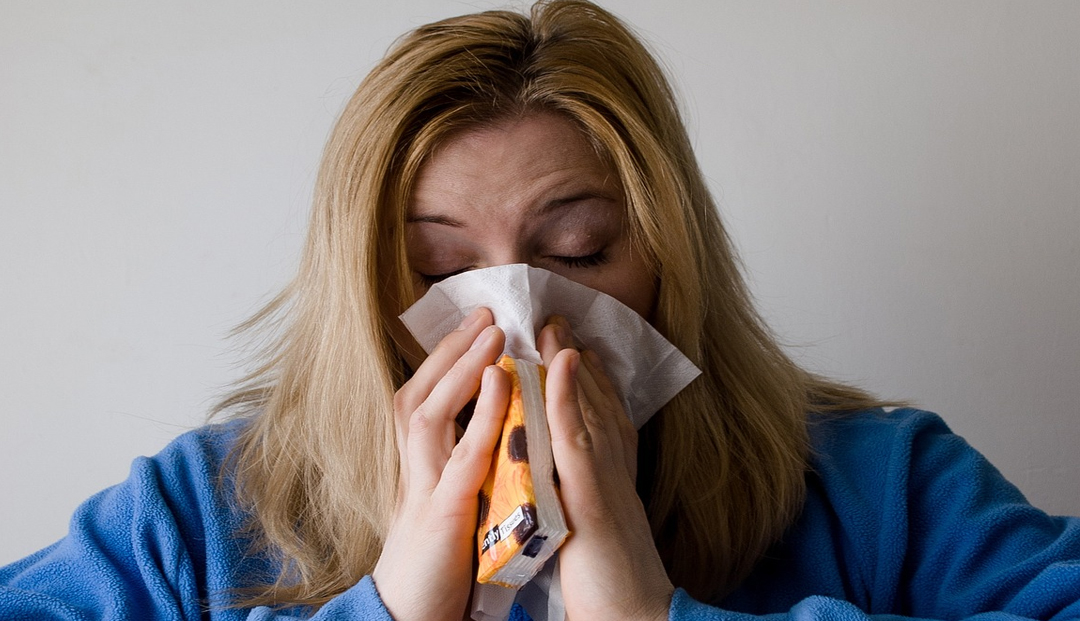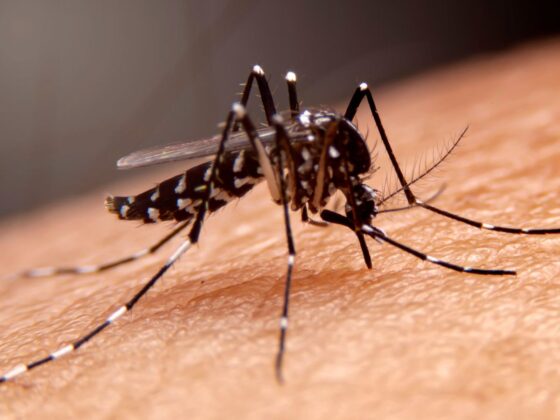New Delhi, 28 November 2024: As the flu season intensifies, major cities in India—Chennai and Mumbai—are on high alert due to a sharp increase in influenza cases. Health authorities in both cities have reported a surge in flu-related illnesses, prompting public health officials to issue warnings and take proactive measures to prevent the spread of the virus. The situation calls for heightened awareness, as flu cases are reaching alarming levels, especially with the added challenge of COVID-19 variants still circulating in the community. Here’s what you need to know about the flu spike, its symptoms, and precautions to take.
Why Are Flu Cases Rising?
The uptick in flu cases in Chennai and Mumbai can be linked to a variety of factors. Seasonal changes often bring about more respiratory illnesses, including the flu. Furthermore, public gatherings and events can significantly contribute to the spread of the virus. Health officials have pointed out that the currently circulating flu strain is more aggressive, causing more severe symptoms in people. As a result, health authorities are taking decisive action to prevent further spread and protect the community’s health.
What Health Officials Are Doing: The Response Actions
To tackle the troubling rise in flu cases, health authorities in both cities are enacting several measures. Hospitals are on high alert, stepping up monitoring and reporting protocols. Vaccination drives are being organized to ensure vulnerable groups—like the elderly and those with existing health conditions—receive prompt vaccinations. Public health campaigns are also underway, educating residents about the flu’s symptoms and stressing the need for timely medical intervention.
Spreading Awareness: The Key to Keeping Safe
Awareness among the public is crucial in stopping the flu from spreading. Health officials are prompting residents to familiarize themselves with the flu symptoms, which can include fever, cough, sore throat, body aches, and fatigue. Recognizing these symptoms early is important for effective detection and treatment. Additionally, public health initiatives highlight the significance of good hygiene practices, like regular handwashing and keeping a safe distance from anyone showing flu-like signs.
Why Vaccination Matters: A Strong Line of Defense
Getting vaccinated is one of the most effective ways to fight off the flu. Authorities are encouraging residents—particularly those at high risk—to get their flu shots. The vaccine not only provides individual protection but also helps build herd immunity, decreasing the virus’s spread within the community. Residents should check with local health facilities about vaccine availability and schedules to ensure they are protected as flu season peaks.
Symptoms to Watch For: When to Seek Help
Identifying flu symptoms is key for prompt action. While symptoms can vary in intensity, common signs include a sudden fever, chills, cough, sore throat, runny or blocked nose, body aches, headaches, and fatigue. Some may even experience vomiting and diarrhea, especially children. If any symptoms worsen, or if someone has breathing difficulties, chest pain, or confusion, seeking medical help immediately is essential.
Lifestyle Changes: Strengthening Your Immune System
Besides getting vaccinated, residents are encouraged to make lifestyle choices that can help strengthen their immune systems. Eating a balanced diet filled with fruits and vegetables, staying hydrated, and getting enough sleep are all important for maintaining good health. Regular exercise can also enhance immune function, making it less likely for individuals to get sick. Additionally, managing stress through mindfulness practices can lead to better health outcomes during flu season.
The current spike in flu cases in Chennai and Mumbai serves as a reminder of the importance of vigilance in protecting public health. With the flu season in full swing, individuals are urged to take preventive measures, such as getting vaccinated, practicing good hygiene, and seeking medical advice when symptoms arise. By doing so, we can reduce the spread of the virus and safeguard the health of vulnerable populations. Public health authorities in both cities are working tirelessly to control the situation, but the cooperation of the public is key in preventing a wider outbreak.










